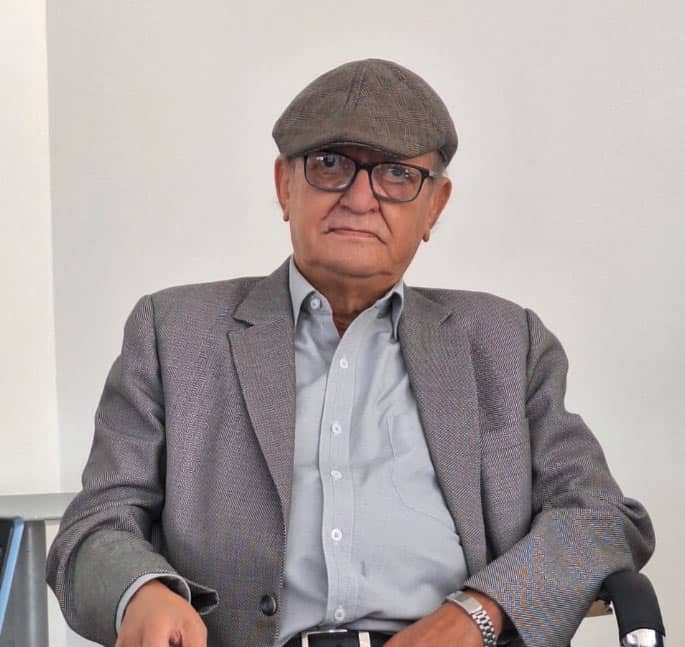By Elio Villaseñor G.
“States must guarantee universal access to care services”
UN, Sustainable Development Goals (SDGs 3 and 5)
Throughout our lives, we all need care at every stage to achieve a dignified life. From childhood to old age, support for our physical, emotional, and social development is fundamental. Therefore, care becomes an essential pillar of well-being. However, in Mexico, this issue has become a critical one that reflects deep social and gender inequalities.
According to the first National Survey for the Care System (ENASIC-INEGI, 2022), more than 58.3 million people in Mexico require home care. This figure includes people with disabilities, those with a dependency condition, those over 60 years of age, as well as children and adolescents between 5 and 17 years of age.
This data highlights the magnitude of the challenge, while revealing the vulnerability of these groups and highlighting the inadequacy of the current care system. Despite its importance, care is not valued or recognized as a necessary political and economic priority for human well-being.
Although there are legislative efforts and some public policies aimed at addressing this issue, much remains to be done. The lack of adequate funding, effective implementation, and a comprehensive approach to care are obstacles that perpetuate an outstanding social debt.
Caregivers face enormous challenges, and women often bear the greatest burden. They often must work double or triple shifts to fulfill their caregiving roles, which negatively impacts their physical, mental, and economic well-being. The stories of women who are divided between caring for their children or family members in need of care are heartbreaking. This situation is compounded by the multiple barriers they face: limited access to health services, education, employment, security, and difficulties in sending their children to school. All of this reflects a structural gender inequality that has been largely ignored.
With the arrival of a new federal government, led by Claudia Sheinbaum Pardo, and in Mexico City, by Clara Brugada Molina, an opportunity arises to drive significant changes in this reality. The challenge is enormous: ensuring that public policies around care transcend rhetoric and become concrete actions backed by a sufficient budget. Investment in a comprehensive care system is an urgent necessity for human well-being.
Providing adequate housing, healthcare, education, and safe environments is essential for dignified human development, especially for those most in need. Addressing this issue will not only improve quality of life but also allow us to move toward a more equitable and inclusive society.
In this context, in this edition of Plataforma JuventudES, we share reflections that support this notion, such as that of Fernanda Monserrath Gutiérrez of GOYN-CDMX, who shares her vision for strengthening youth advocacy in the care system; the contribution of Master of Science C. Ivonne Cárdenas Guzmán on the importance of transforming young people into care recipients; and the corollaries of the Educating and Caring Cities Colloquium in Mexico City on education and the comprehensive care system. We would also like to highlight the contribution of Paulina Gutiérrez of Citizen Action Against Poverty, who examines the challenges and proposals for the educational and economic inclusion of opportunity youth; and that of Professor Mitzi Elizabeth Robles of the Center for Civic Collaboration, on the fundamental importance of communication for advocacy and collaborative negotiation for opportunity youth in Mexico City; Pablo Ulises Rodríguez Hernández, from the AVSI Foundation's JuventudES Project, examines the transfer of skills for developing youth skills in educational institutions; and Amizaday Hernández, a web development and information technology specialist, addresses the importance of women in the IT and STEM fields in Mexico. Finally, we would like to highlight the contribution of Randy Márquez, a youth leader in Barranquilla, Colombia, who shares his experience strengthening ties through both a human and cultural perspective.






